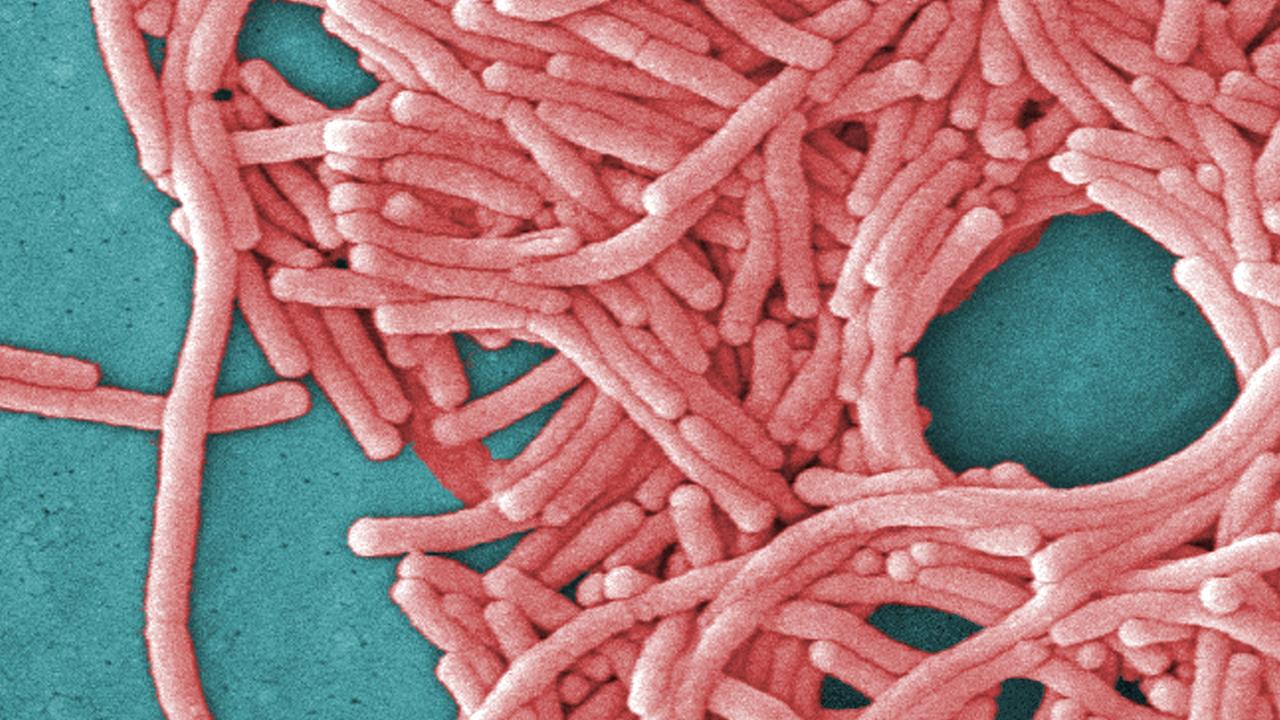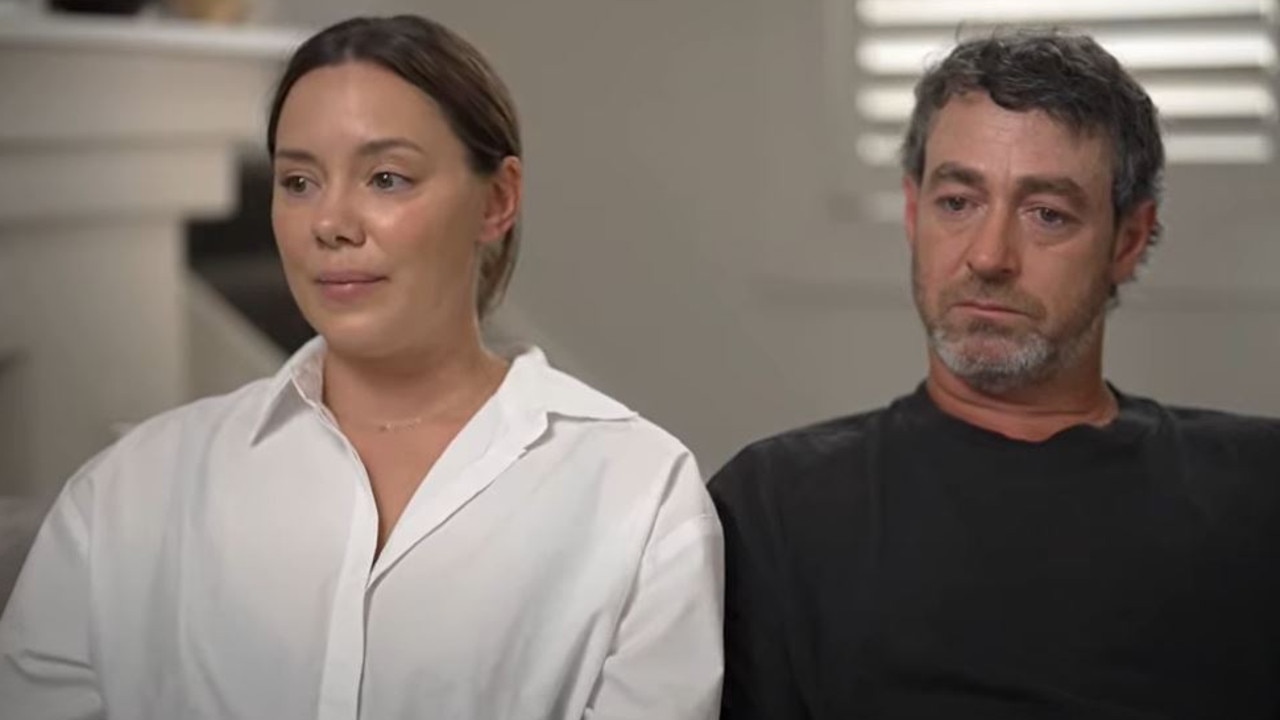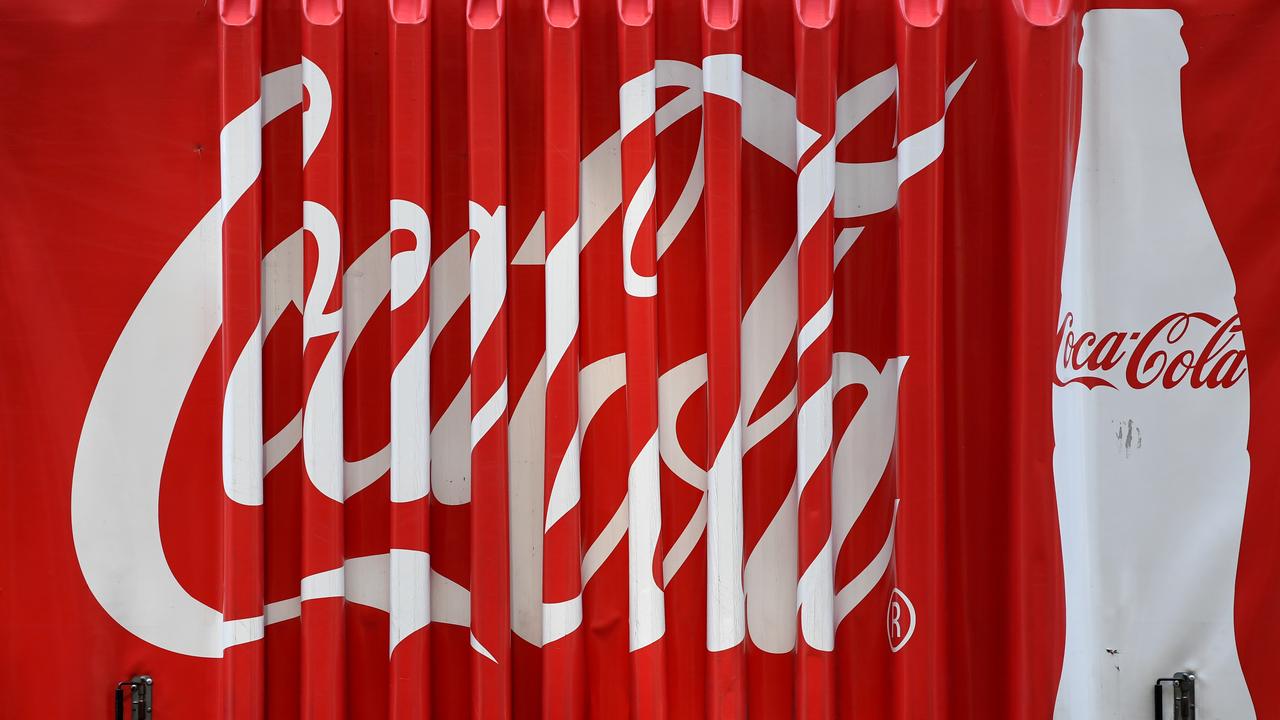AstraZeneca vaccine discontinued by federal government
One of the first Covid-19 jabs offered to Australians has been quietly discontinued, the federal government has confirmed.
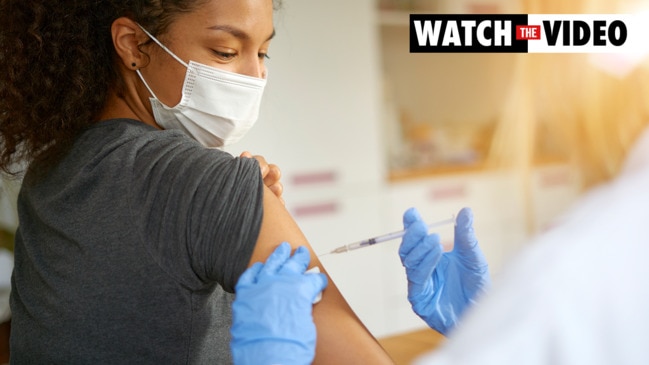
A controversial Covid-19 vaccine — linked to a very rare but serious side-effect— has been quietly discontinued in Australia, the federal government has confirmed.
The AstraZeneca Covid vaccine, sold under the brand name Vaxzevria, has not been available to the Australian public since March 20.
The federal Department of Health and Aged Care confirmed the news in a statement to news.com.au, saying although the vaccine remains provisionally approved in the country, AstraZeneca has decided to “formally discontinue Vaxzevria in Australia”.
According to the spokesperson, the last batch of pandemic supply stock expired on March 21, 2023.

“The Government has entered into five separate agreements for the supply of Covid-19 vaccines and has secured sufficient doses to complete current and future booster requirements and any new or remaining primary course vaccinations,” the spokesperson said.
“This diverse portfolio of vaccines provides Australian’s flexibility of choice and enables the government to address variants of concern in the future. The (Health) Department works closely with manufacturers to ensure access to the most updated vaccines.”
The spokesperson wanted to emphasise the decision to phase out Vaxzevria was “not a decision based on safety as some people have misrepresented on social media”, but by the increased supply of alternative Covid vaccine options.
“As expected, first generation vaccines have been superseded by newer vaccines targeting the strains of the virus now circulating.”
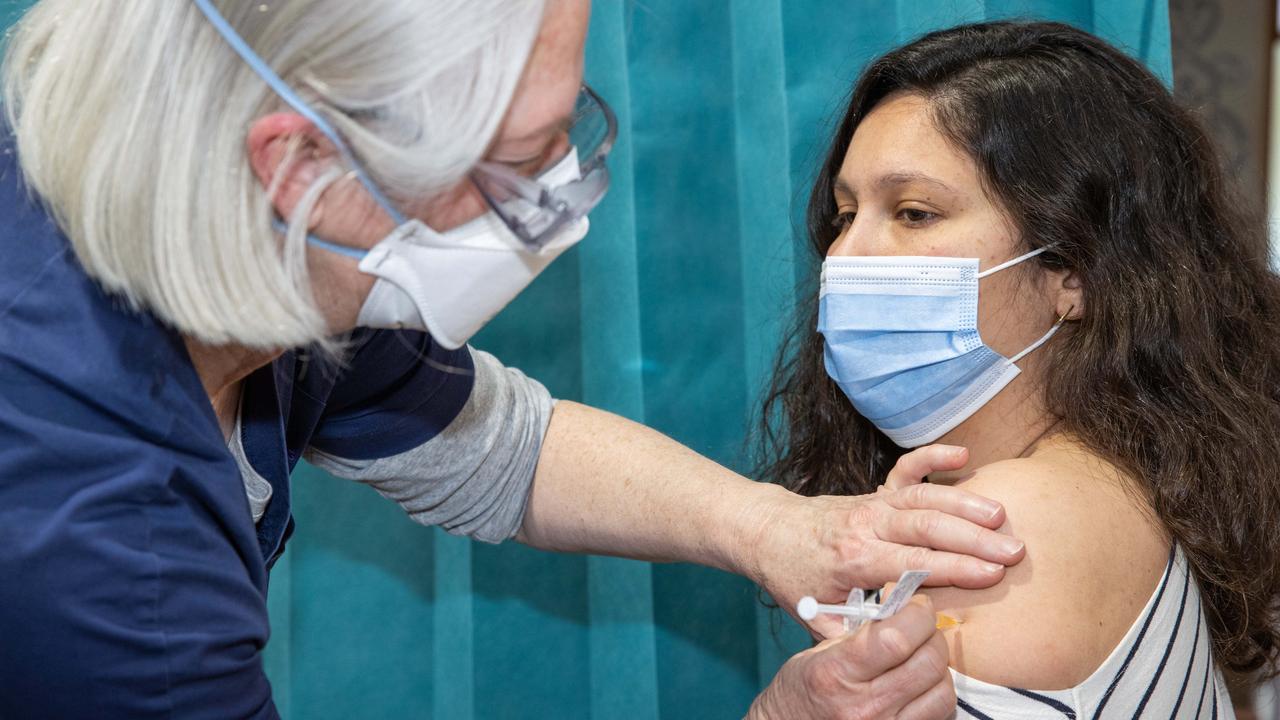
The Therapeutic Goods Administration (TGA) provisionally approved the AstraZeneca vaccine for use in Australia for people aged 18 years and over as a primary course from February 15, 2021 and as a booster from February 8, 2022.
At the time, the TGA said the decision to receive a Vaxzevria booster must be made in consultation with a health professional and that mRNA Covid vaccines (such as Pfizer and Moderna’s) were “preferred” boosters.
Months later, however, medical experts started to recommend against Australians under 60 taking the AstraZeneca vaccine due to concerns over a potentially-fatal blood clotting disorder: Thrombosis with thrombocytopenia syndrome (TTS).
The change came after a number of cases of TSS among those aged 50-59 years, and the death of a 52-year-old woman from a blood clot likely linked to the AstraZeneca vaccine.
Despite the rarity of clots across all ages, the risk of developing one was slightly higher in younger patients.
The Australian Technical Advisory Group on Immunisation (ATAGI) estimated at the time that the risk of TTS in Australia was around 3.1 per 100,000 for people over 50 years and 1.8 per 100,000 for people under 50 years.
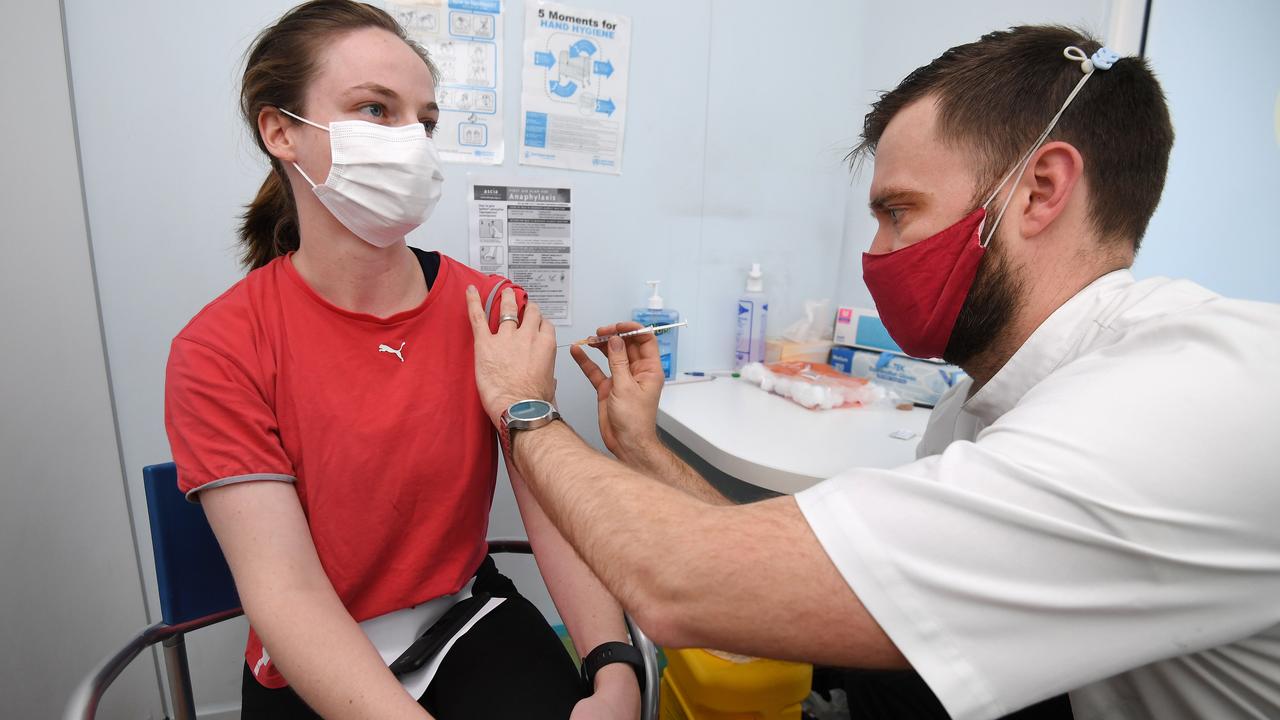
However, after the Australian government secured 53.8 million doses of the AstraZeneca vaccine – 50 million of those produced in Melbourne by local manufacturer CSL – and authorising a travel-friendly rebranding, AstraZeneca’s Vaxzevria jab has been discontinued.
Deakin University chair of epidemiology Catherine Bennett says it is no surprise after demand dropped and other vaccines started to fill the gaps.
“It is not unexpected, as demand dropped with people completing their initial vaccine doses the focus for second and later doses has shifted to mRNA vaccines (like Pfizer and Moderna) and Novavax as an alternative to mRNAs technology,” she told news.com.au.
Professor Bennett said despite the adverse reactions and negative press, the vaccine’s impact cannot be underestimated.
“AstraZeneca has saved many lives and we couldn’t have achieved the very high vaccination rates we did ahead of Omicron without it as there just wasn’t the mRNA supply,” she said.
“It has helped us save many lives.”
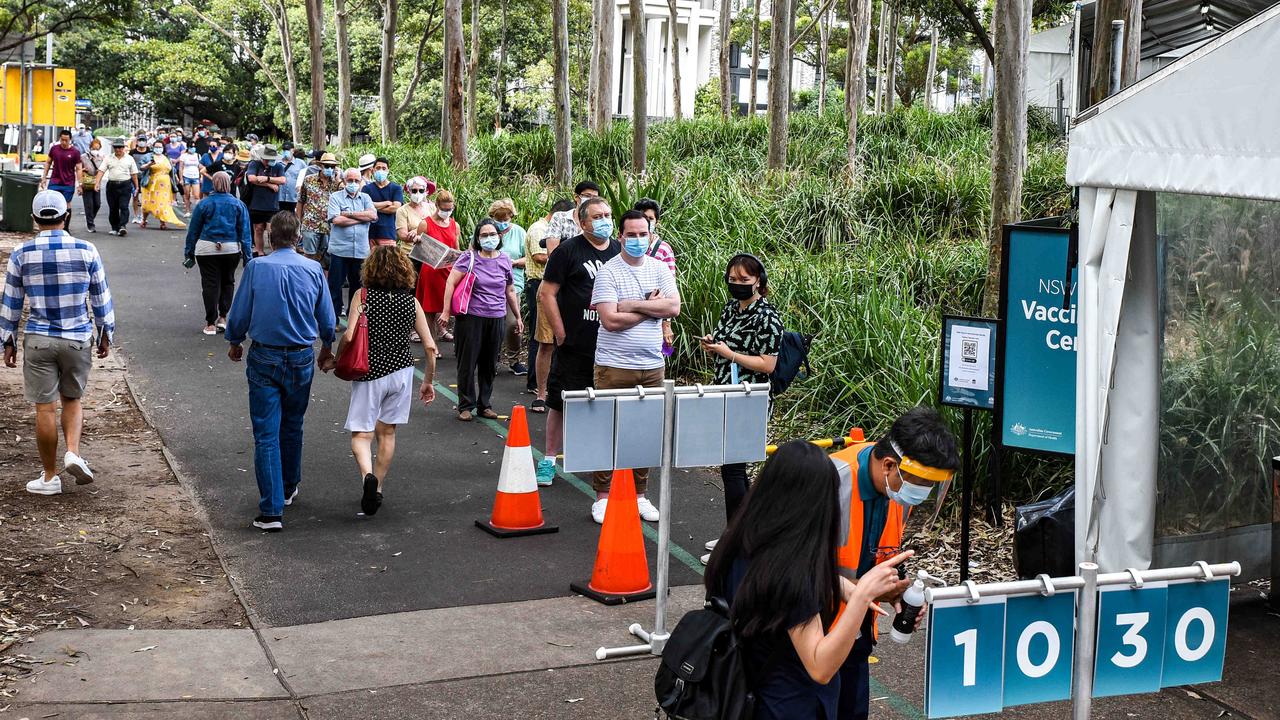
AstraZeneca, she said, served its purpose getting people vaccinated in the early days of the vaccine rollout. But it has been overtaken by the similarly safe and effective technologies developed in other vaccines.
Australians over the age of 65 in early 2023 have been advised to get a Covid vaccine booster, according to ATAGI. Meanwhile, those aged 18 to 64 years, are recommended to get a booster dose if they have an increased risk of contracting the virus.
The Department of Health and Aged Care spokesperson said
“This was not a decision based on safety as some people have misrepresented on social media,” the spokesperson said.
“As expected, first generation vaccines have been superseded by newer vaccines targeting the strains of the virus now circulating.”



